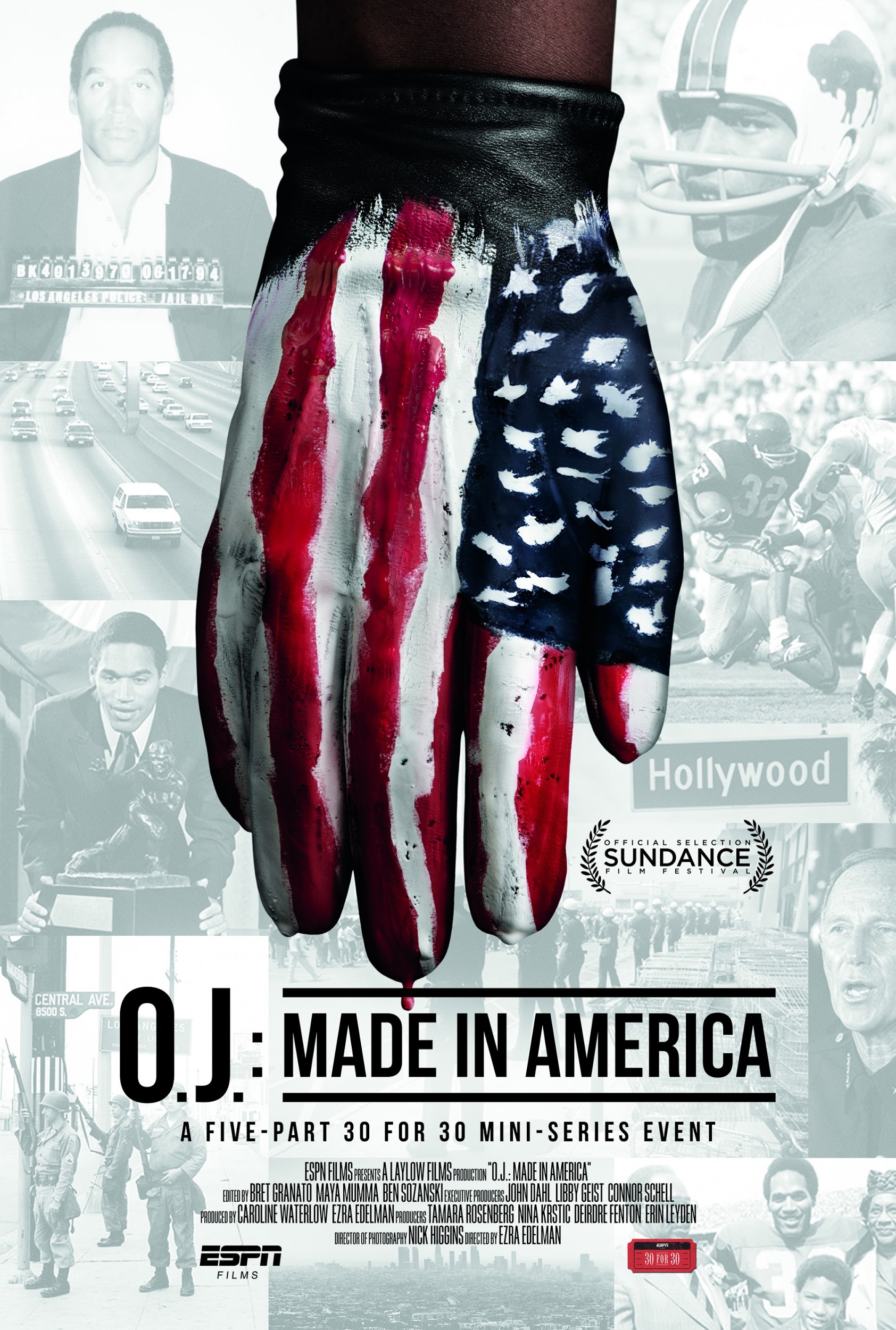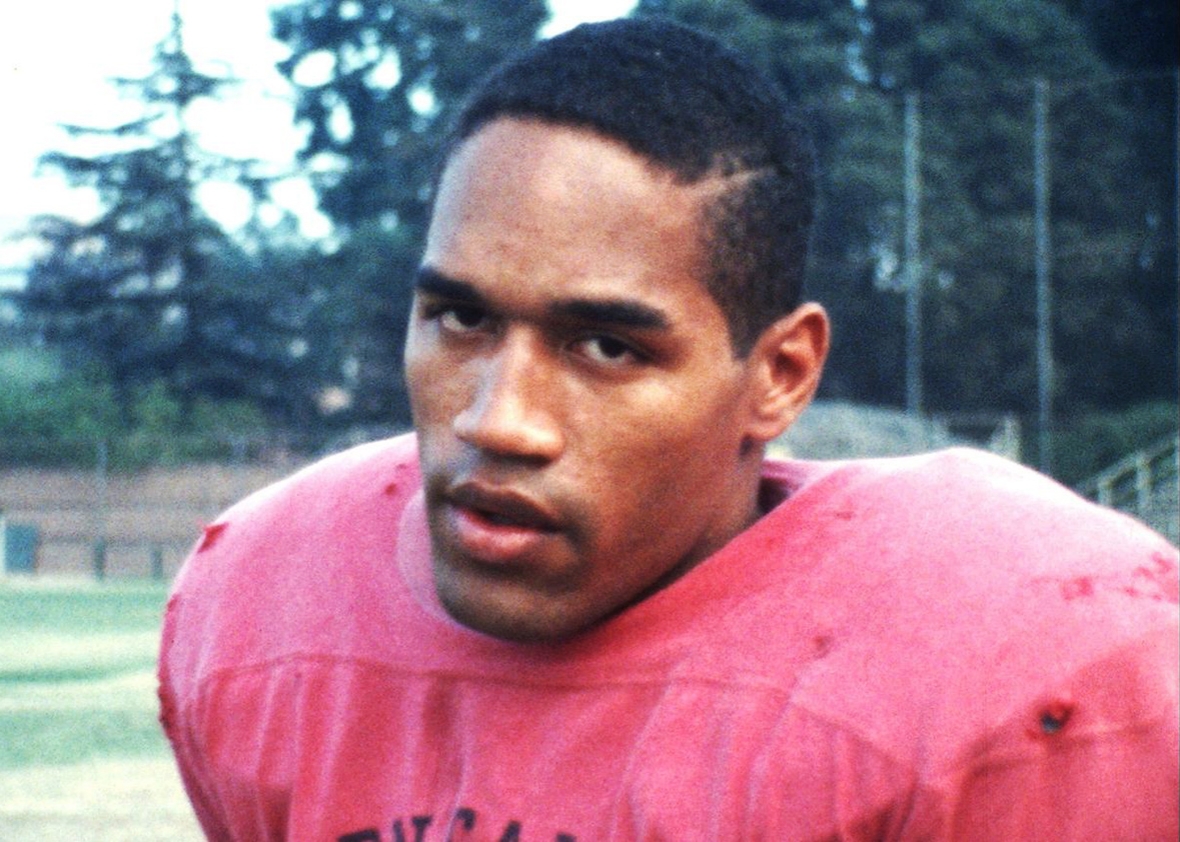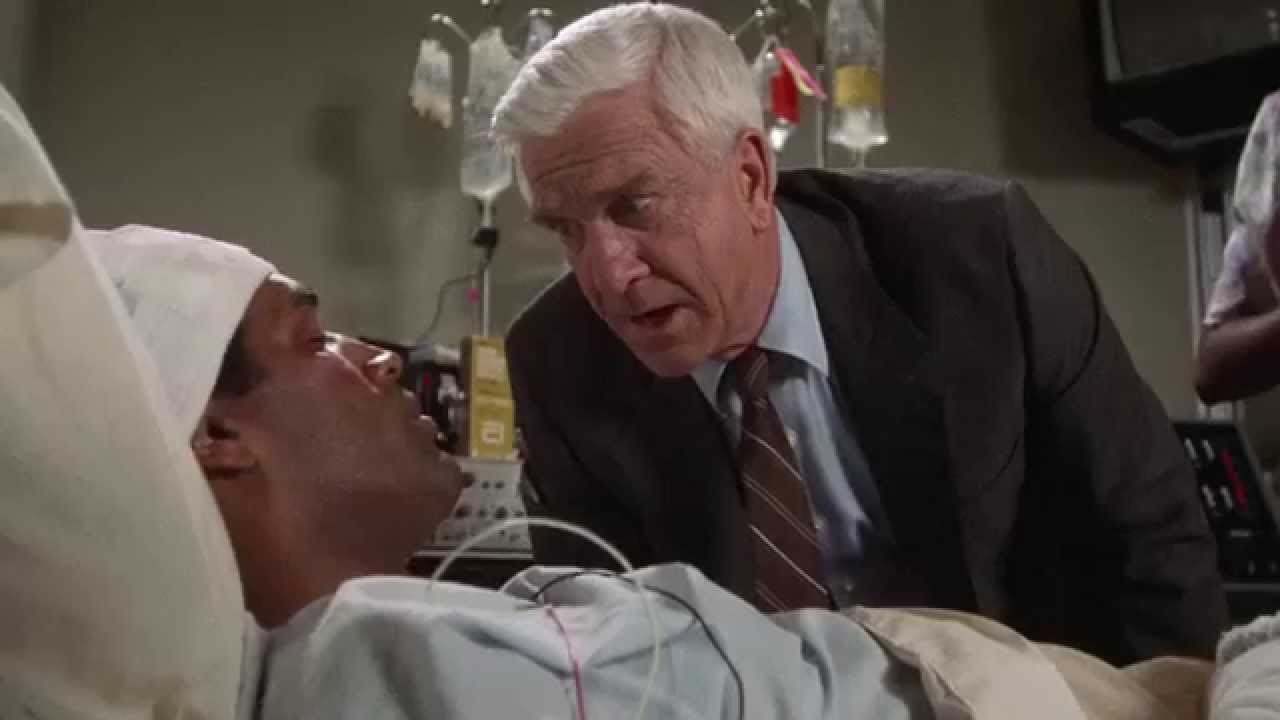O.J.: MADE IN AMERICA Review

Director: Ezra Edelman
Genre: Docu-Series
Year: 2016
Jaw-dropping. Breathtaking. Devastating. These are just a handful of words that I’d use to sum up this latest marvel of journalistic storytelling. What has been crafted within the confines of a five-part docu-series is among the few series’ about modern America that I would stress as mandatory viewing for any high school in the world. Never have I left a viewing experience so enlightened about my own blissful ignorance. It left me sad, angry, frustrated, and shocked; but most of all, as someone who believes that they are fairly open-minded, I learned that I can’t begin to comprehend how deeply embedded even my own societal biases are. Talk about checking my privilege.
While the true-crime genre has certainly come into vogue thanks to the likes of SERIAL, MAKING A MURDERER, THE JINX and so on, director Ezra Edelman has accomplished something far more complex. O.J.: MADE IN AMERICA tackles an all-too-familiar narrative: that of a man whose fall from the heavens captivated the media for years on end. And somehow, beyond my wildest imagination, every single person I watched this with — whether they knew every detail of O.J’s life or not — was on the edge of their seat for each 90-minute episode. This is partly thanks to the enigma that is Simpson, but more than anything, it’s how thoroughly Edelman manages to articulate the construction of Simpson’s legacy in the first place, down to the bare bones of the society and projects that he grew up in. Now that is storytelling.

For the next eight hours you will see this man play incredible football, dance to ridiculous show tunes, and spit some horrible rhymes
O.J.: MADE IN AMERICA is the most ingenious foil for an investigation of racial tensions in 20th century America. Its staggering eight-hour runtime and clinical procedural work elegantly digest an epic rise-and-fall narrative of a singular figure, brilliantly contextualizing it within a historic framework of prejudice, hate, and institutionalized racism. Here stands a man who not only represents a unique figure in athletics, but an individual whose arrogance, selfishness, blind luck, and superstardom allowed for him to attain privileges that were only granted to him thanks to a mutual embrace of white America and his knack for self-branding. By the time this series is up, you won’t know whether to view Simpson as black or white, but rather as an amalgamation of all the selfish individuals that played a role in exploiting his fame, including the man himself.
In a turbulent display of archived footage, we begin to understand what shaped Simpson’s ethos, as well as how everything from his dialogue coaching to his whitewashed television adverts made him the black posterboy for white Americans. Whether Simpson’s life or his trial is old news or new to you, it functions on two fundamental levels: First and foremost, it helps us reevaluate the toxic nature of discrimination and how it influenced Simpson, a man who — both ironically and undeservedly — benefited from the civil rights movement. Secondly, it allows its audience to appreciate the potential dangers of the culture that we have formed around the American dream.

The only downside is that this WILL ruin parts of THE NAKED GUN for you
When you find yourself screaming at the television about the injustices portrayed on screen, take a second to consider the 400 years of inhumanity African-Americans have suffered at the hands of far more vicious criminals. It is at this point that you notice O.J.: MADE IN AMERICA is not a portrait of one man, but a vindication for the deep-seated frustrations within an entire minority. It is a march of solidarity, showing that although two innocent people died a vicious death (very possibly at the hands of Simpson), the verdict of the famed O.J. Simpson trial was a powder keg waiting to explode in a community filled with hate and division.
What’s most shocking is that there is a story like this behind the fame of Bill Cosby and Michael Jackson as well, but Simpson’s is perhaps the most biblical in scale. You won’t leave O.J.: MADE IN AMERICA with a better understanding of the obvious questions surrounding Simpson’s legacy, but you’ll surely have a finer understanding of the socio-political climate that escalated the existence of it in the first place. What’s important here is that Edelman’s film isn’t sensationalist, but fundamentally educational. Watch this one with a group of friends, because if you don’t have somebody to talk this one through with, you might find yourself in a bit of a bind. If LEMONADE was your aperitif, Edelman just handed you the entree.
But enough with all this talk, I’m really just keeping you from watching this. Enjoy it while it lasts.
Verdict: Recommend



